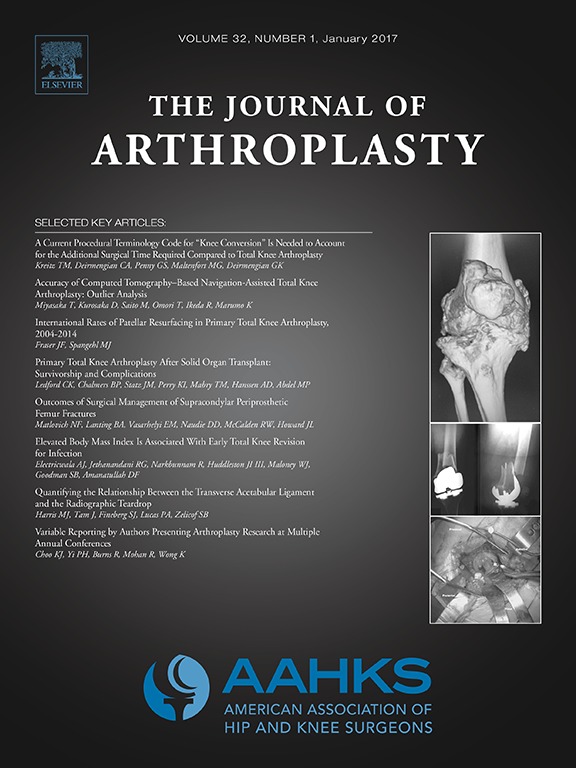
ARTHROPLASTY
SF-36 and Oxford questionnaires are more accurate with self-administration
J Arthroplasty. 2006 Apr;21(3):398-40490 elderly patients that have undergone a total hip arthroplasty were randomized to receive the Short Form 36 (SF-36) and Oxford Hip Questionnaires through the mail or in person via an interview at a median of 11 years after surgery. The results indicated that the SF-36 and Oxford questionnaires more accurately reflect health status when self-administered than when administered through an interview. However, self administration also led to more missing values in the questionnaires. Both of these factors therefore need to be taken into account when deciding the method of questionnaire administration in an elderly population.
Unlock the full ACE Report
You have access to {0} free articles per month.Click below to unlock and view this {1}
Unlock NowCritical appraisals of the latest, high-impact randomized controlled trials and systematic reviews in orthopaedics
Access to OrthoEvidence podcast content, including collaborations with the Journal of Bone and Joint Surgery, interviews with internationally recognized surgeons, and roundtable discussions on orthopaedic news and topics
Subscription to The Pulse, a twice-weekly evidence-based newsletter designed to help you make better clinical decisions
Exclusive access to original content articles, including in-house systematic reviews, and articles on health research methods and hot orthopaedic topics
Or upgrade today and gain access to all OrthoEvidence content for just $1.99 per week.
Already have an account? Log in


Subscribe to "The Pulse"
Evidence-Based Orthopaedics direct to your inbox.
{0} of {1} free articles
Become an OrthoEvidence Premium Member. Expand your perspective with high-quality evidence.
Upgrade Now












































































